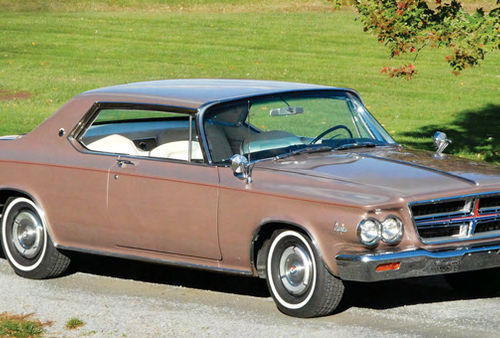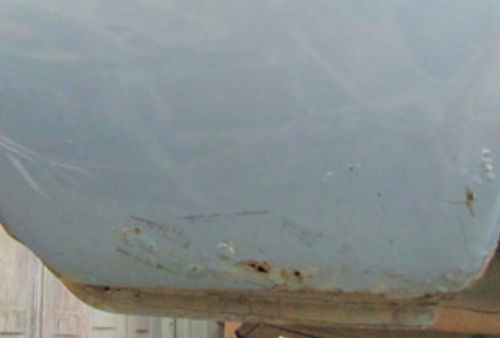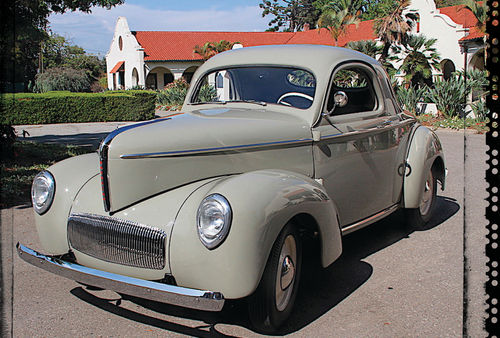Do sacrificial anodes work on cars?
Question:
I read an article about an electronic device that is attached to the automobile frame with a sacrificial anode to prevent corrosion of the frame. I am familiar with such an arrangement for outboard boat motors, which are prone to corrosion due to salt water. I would appreciate an address for the company that sells this system for cars and would like to know if you’ve tested it.
Answer:
As its name implies, a sacrificial anode is a conductor of electric current that is intended to be destroyed in order to protect something else. If the anode is made from a more active metal than the metal it’s designed to protect, the anode will oxidize first, thus preventing the protected metal from oxidizing. This occurs because electrons move away from the anode toward the protected metal, which functions as a cathode.
This method of corrosion protection is commonly used in situations where the metal to be protected is surrounded by water, such as boat hulls, submarines, buried pipes, and the like.
I am not familiar with a system that works with automobiles. As with many other rust-proofing and rust preventing products, sacrificial anode systems have a long-standing reputation as a noneffective waste of money. I therefore recommend more traditional, common sense approaches to corrosion prevention, including removal of existing rust and coating with high-quality primer and paint, dry storage, and avoiding salt-covered snowy roads.















